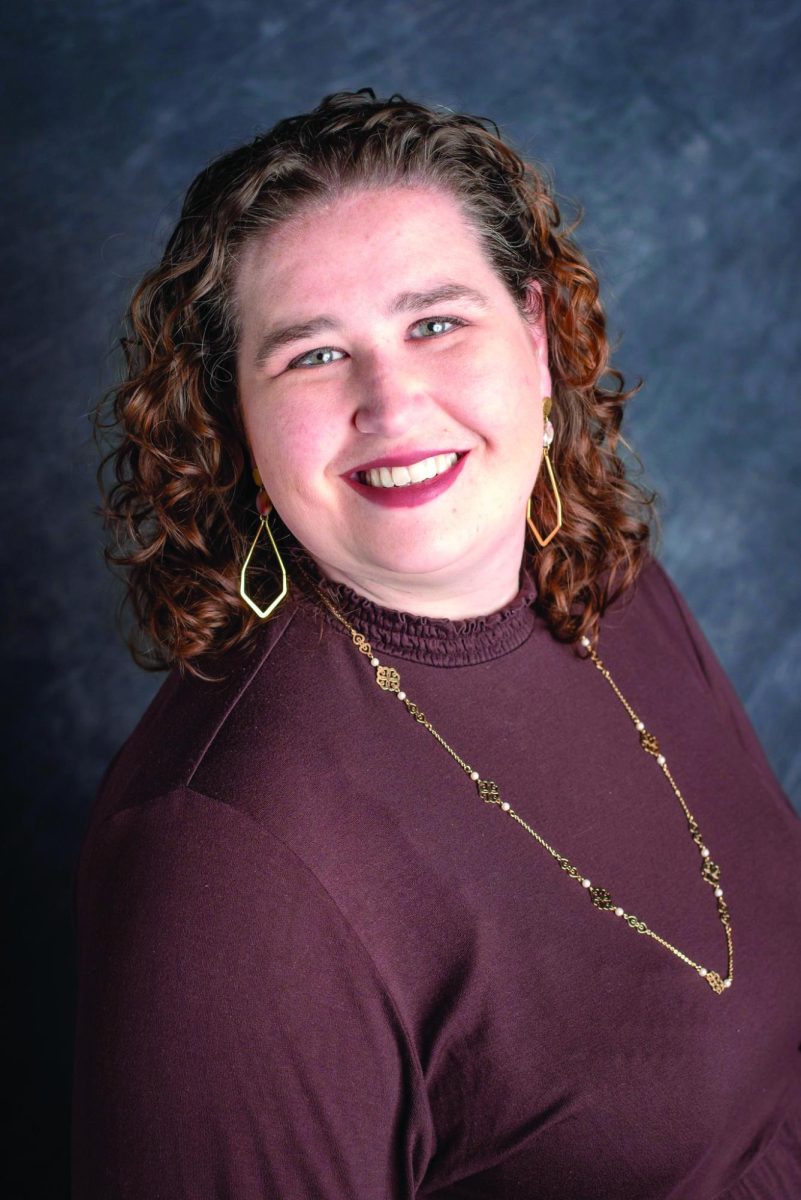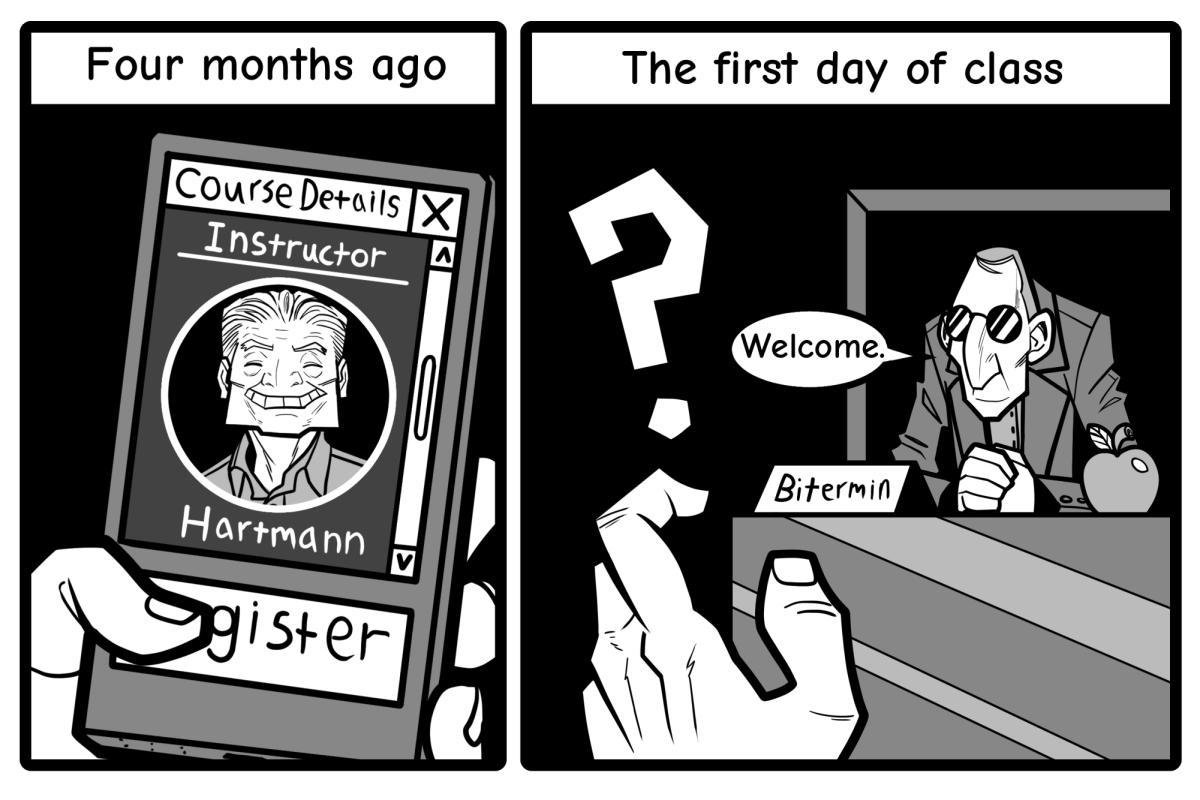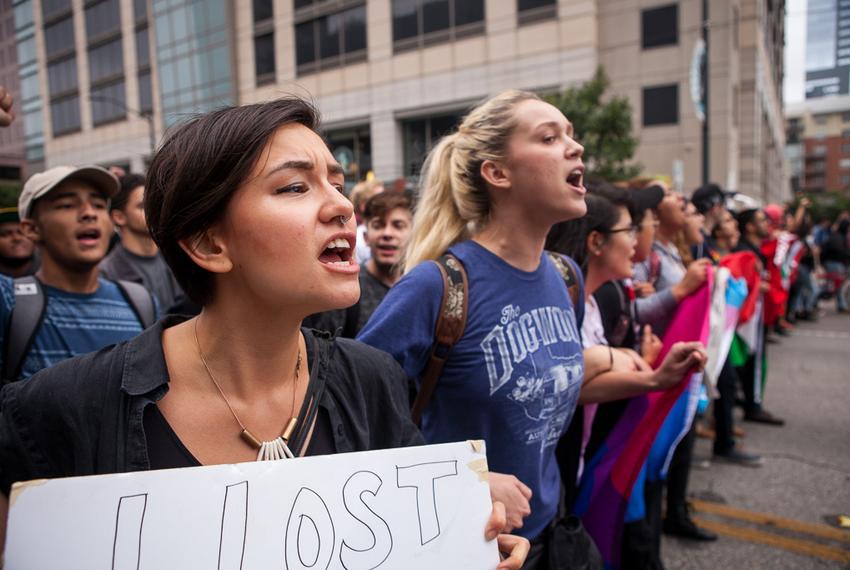
Transparency in crime reports is integral in keeping the public informed and safe. The media regularly uses such records to confirm information for news stories and presentations, and ordinary citizens have the option to consult these reports directly. Unfortunately, the Dallas County Community College District has been regularly withholding and redacting such records.
We understand that some information protected by the Texas Public Information Act, such as the names of rape victims or minors. But state law has clear definitions for many categories of public information, which should be easily and quickly accessible as demanded by the spirit of the law.
Frank LoMonte, director of the Student Press Law Center, said police reports should only take minutes to turn over.
Many government officials routinely tell the press and public, “We have 10 days to release that information.” But that’s only in cases when they believe the requested information is exempt from disclosure under the law. Then they have 10 days to ask the state attorney general to review it.
A request for two reports for assaults on campus were released April 10, after the records keeper for the DCCCD was interviewed by an Et Cetera reporter.
The quickest release of public information from the DCCCD before April 10 was five days, but only after the reporter contacted the DCCCD records keeper multiple times.
With the exception of that request and two others, the district has exhausted the 10-day deadline in every request from The Et Cetera between 2015 and April 10. Some records were even withheld past the 10-day period, and not all cases sought the review of the attorney general.
This should already be public information.
In one case regarding an identity theft at Eastfield’s financial aid office, the district redacted almost the entire report. The district said releasing the information would hurt the investigation.
Keeping students in the dark is not the correct approach. Students deserve to know what is going on around their campuses. Transparency in the district’s records is vital in keeping them knowledgeable.
We as journalists cannot do our duty without reliable sources of information.
While we are aware of the district’s concerns regarding its public image, this pattern of holding and redacting potentially troublesome information leaves people in potential danger.
Many police departments have public records readily accessible to the media and the public, whether they’re digital or physical copies.
We suggest the DCCCD make the public portion of police reports accessible both online and in print and keep them in a public space. At Eastfield, the lobby of the police department would be a good place.












